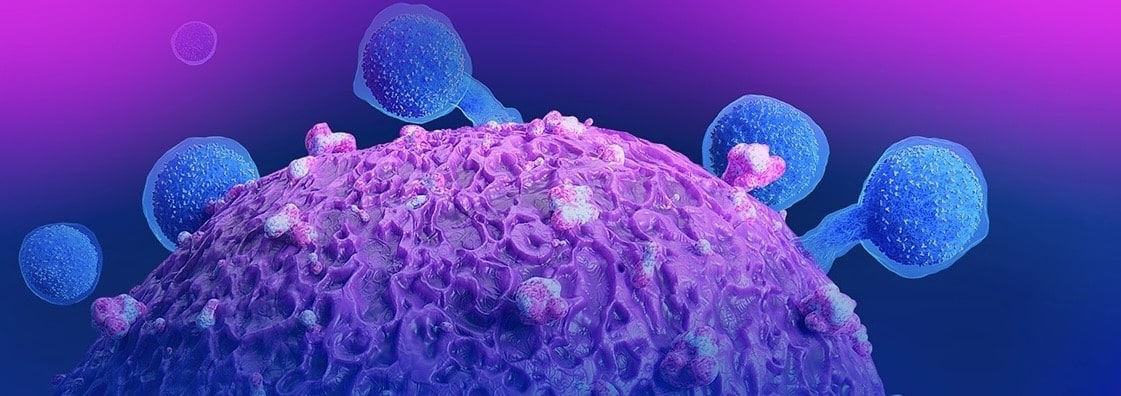“Brenus gives the immune system a headstart on cancer!” Paul Bravetti, CEO of Brenus Pharma declared enthusiastically. It is indeed the “raison d’être” of the “ STC-1010 : A First-in-Class Allogeneic Cell Vaccine Against Cancer” project, coordinated by Brenus, in collaboration with InSphero, and officially launched on November 1, 2022 for a duration of 36 months.
Currently, “90% of patients treated for solid tumors will relapse under treatment,” said Paul Bravetti. Despite the evolution of targeted therapies, resistance to treatments (radiotherapy or chemotherapy) represents a strong unmet need. Tumor cells can change rapidly by altering the targets on their surface and escape the immune system, by hiding from it. “Just like a vaccine, we educate the immune system to anticipate the resistance mechanisms of the tumor cell.”
The process consists in mimicking what happens in patients while they are being treated. Cancer cells are selected based on the indication and their ability to become resistant, they are subjected to a chemotherapy/radiotherapy protocol in the laboratory to make them resistant, as in a patient in relapse. The overexpressed proteins that act as resistance markers are then rendered healthy so as to prevent them proliferating, and injected into the patient like a vaccine, like antigens, to initiate a stable immune response, which will destroy resistant cells or cells in the making.
“Brenus is developing a new class of immunotherapies to be at the heart of the immune response. Our collaboration with InSphero means that we are able to benefit from their 3D models that are capable of reproducing clinical situations more faithfully in the laboratory and thus anticipating the activity of new treatments, before they are even injected into the patient. We could thus effectively treat populations of patients currently being unsuccessfully treated by chemotherapy, as they do not respond to immunotherapies,” Paul Bravetti, CEO of Brenus Pharma.
All the pre-clinical trials have been completed. Brenus is today capable of large-scale production of the treatment for phase 1 and phase 2 clinical trials on colorectal cancer that will start in early 2024, in France, Belgium and the USA. Colorectal cancer is the third most common cancer worldwide, with a 5-year survival rate of just 12%. 95% of those affected receive chemotherapy as a first treatment, but cold tumors are insensitive to immunotherapies. “Our approach also aims to resensitize these cold tumors in order to transform them into hot tumors, that are sensitive to immunotherapies,” said Paul Bravetti.
The project is based on the open STC platform designed by Brenus. By changing the stresses and the tumor cells, it is possible to use it for therapeutic purposes other than colorectal cancer. The process has been standardized since 2014, to be capable of incorporating new elements for a different treatment. The biotech company is moreover currently targeting a different pathology, ovarian cancer.
This collaboration with InSphero is in response to a call for projects by Eurostars. “This funding of €1.2 million is important because it is non-dilutive. It will allow both companies to develop cross-functional innovation,” the CEO of Brenus Pharma was delighted to say.
Eurostars is part of the Horizon Europe program which supports innovative SMEs and project partners (universities, research organizations and other types of organizations) by funding international collaborative R&D and innovation projects. Eurostars is managed by EUREKA, an intergovernmental network of 37 countries.
Brenus quickly identified the Swiss company InSphero’s expertise in organ-on-a-chip technology and 3D models. It develops mini-organs capable of reproducing clinical situations more faithfully in the laboratory and consequently anticipating the effect of a treatment before using it on humans.
This characteristic was particularly well-received by the FDA during the presentation of the platform and the pre-clinical models. Since the Modernization Act 2.0, the US authority has recommended restricting animal trials and improving the extrapolation to humans.
Brenus, moreover, has been involved since the start of the year in a series A funding round. The aim being to raise €30 million by summer 2023.



